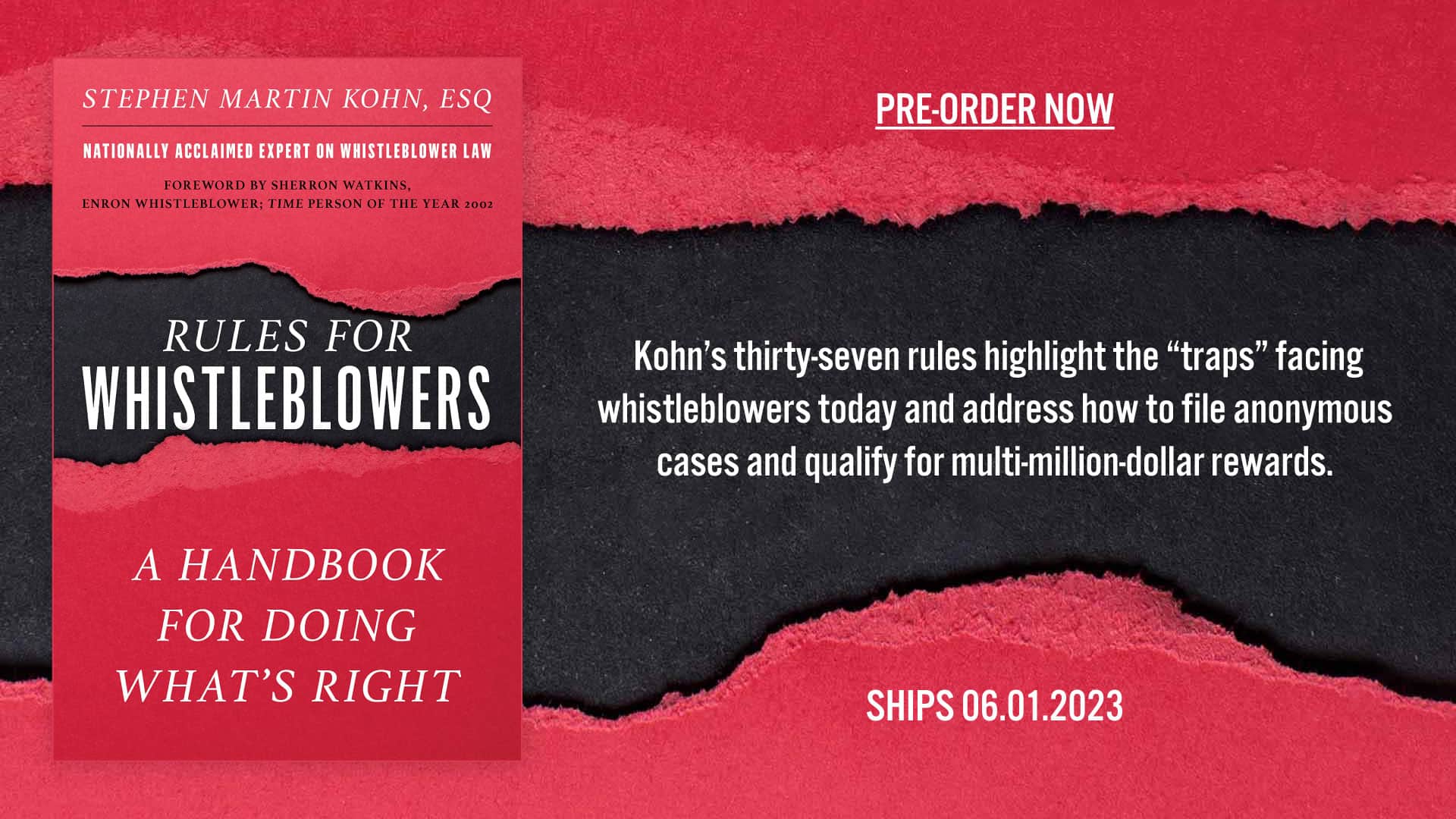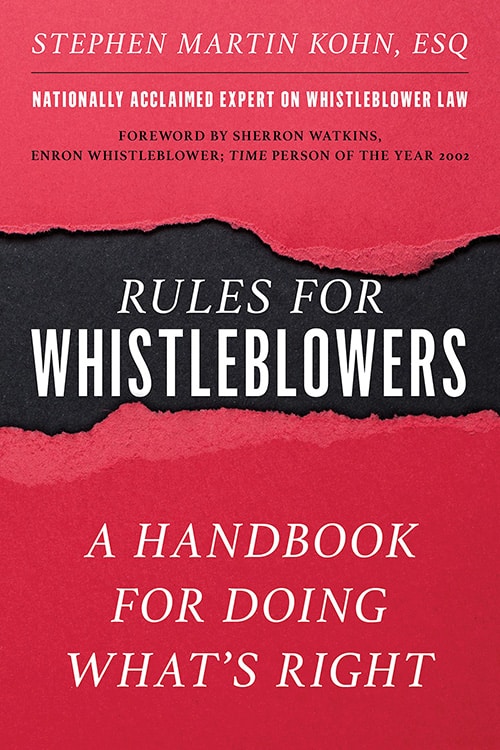You should consult a whistleblower attorney to learn what protections you have prior to blowing the whistle. An attorney can assist you in retaining confidentiality.
Some whistleblower laws permit whistleblowers to file claims anonymously, which means your name and information is only known to your attorney, nobody else. Other agencies do not allow you to file anonymously, but promise strict confidentiality, where your name and case information is only known by the courts and the defendants.
Furthermore, if you decide to talk to the media, this provides the lowest form of protection for your identity and your legal rights moving forward. If you are submitting your information to the media or law enforcement, there is no guarantee your information will be kept confidential and may result in your identity being leaked.






